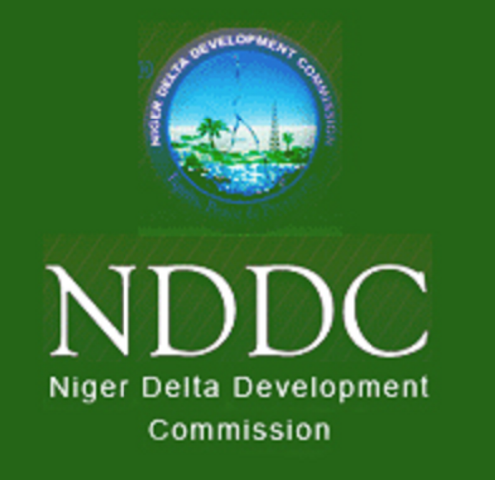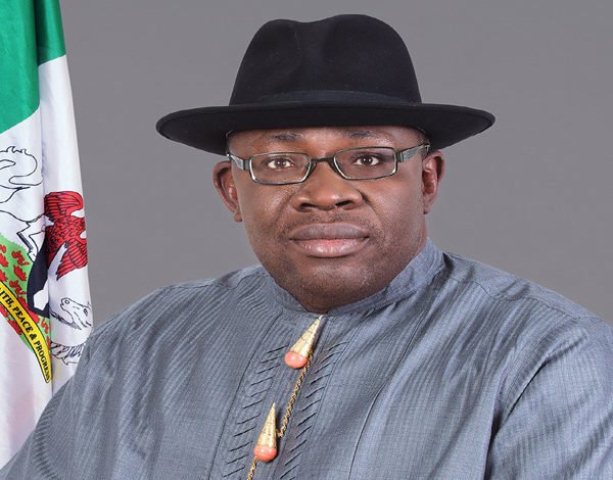The Niger Delta Development Commission, NDDC, is working to ensure the provision of solar power to communities of the Niger Delta region that are not covered by the national grid.
The NDDC Managing Director, Mr. Nsima Ekere, said this when the leader of the Sustainable Energy Practitioners of Nigeria, SEPAN, Federal Ministry of Environment and Asteven Group, Dr. Magnus Onuoha, paid him a courtesy call at the NDDC headquarters in Port Hacourt.
Mr. Ekere was presented with the Green Global Champion Award which the Agency won at the recently concluded global Climate Conference, at Katowice Poland for the contributions of the NDDC to the development of the region.
The NDDC boss said the Commission had over the years been involved in a lot of projects in the Green Energy sector.
He said: “We believe that one of the ways of closing the gap between electricity distributions in the country is to encourage green energy initiatives in a captive supply market.”
Ekere stated that the NDDC was committed to the project and will deepen its collaboration with private sectors and organizations like Green Global Economy Initiative in providing green power to rural communities in Nigeria and the Niger Delta region in particular.
In his remarks Dr. Onuoha thanked the NDDC for ensuring that 20 per cent unconditional emissions reduction as committed to by the administration of President Muhammadu Buhari in 2015 was realized.
He also lauded the NDDC for keying into the implementation of Nigeria’s Nationally Determined Contribution under the Paris Agreement of 2015, noting that the NDDC deserved commendation for being in the Vanguard of the promotion of low carbon resources efficient Nigerian green economy.
He noted with joy the agency’s commitment to distribute 90,000 small solar lanterns to tertiary institutions in the nine states of the region at 10,000 per state, with effect from January 2019.
Onuoha explained that the distribution was expected to generate 3.5 million metric tons of carbon and would be reported by the Department of Climate Change Federal Ministry of Environment as part of Nigeria’s Nationally Determined Contribution efforts.
Support Quality Journalism in the Niger Delta Region
Join us in our mission to bring development journalism, cultural preservation, and environmental awareness to the forefront. Your contribution makes a difference in the lives of the people of the Niger Delta. Donate today and be a part of the change!








